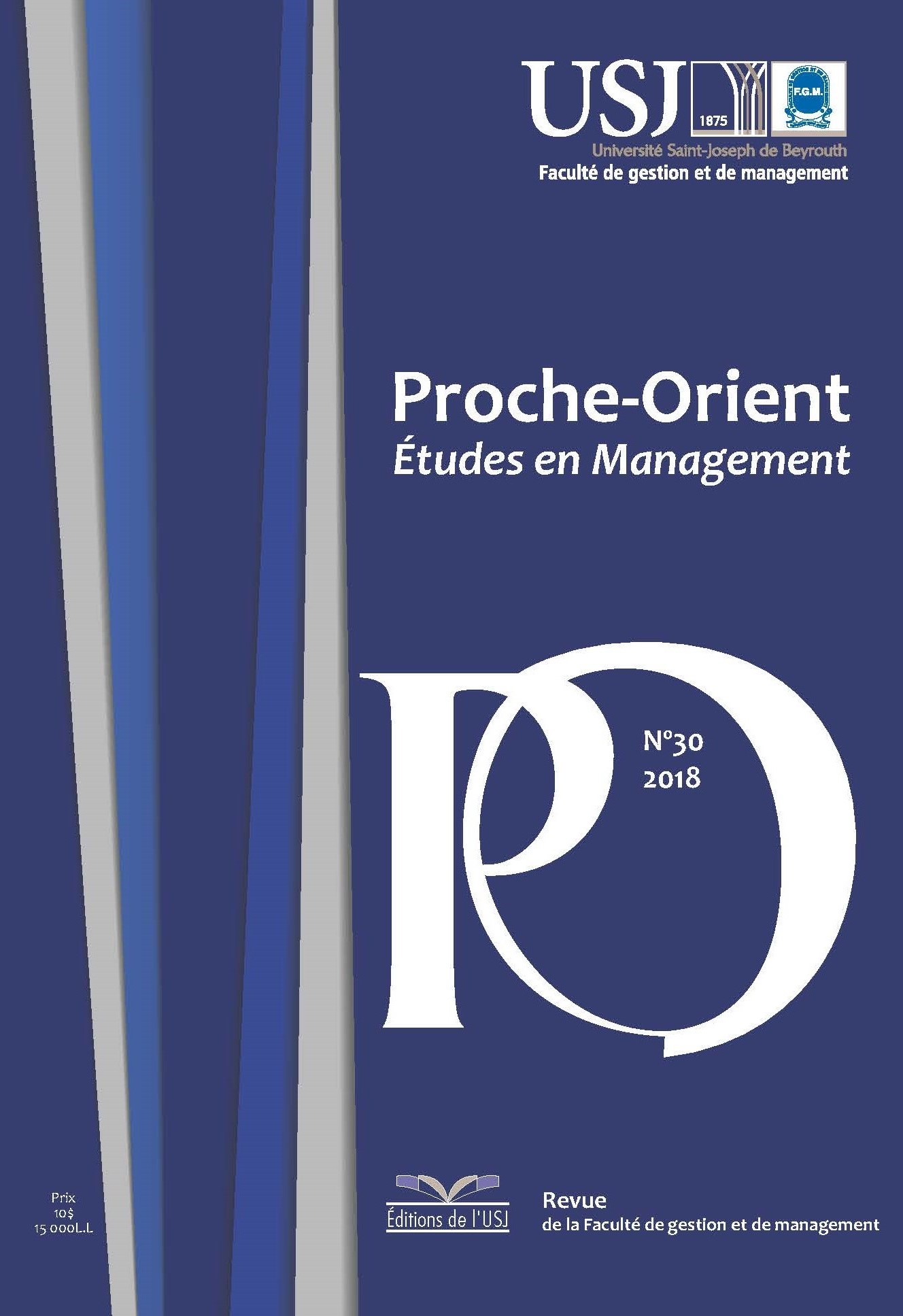Abstract
The succession of financial scandals in the world (Enron, WorldCom, Parmalat,
UBS, Batam…) raise more and more the need to have a more effective governance
system, in other words a governance whose system of the internal mechanisms
is in total consistency with the organizational and financial structure of the
company, and able to tackle any form of managerial opportunism.
The present work seeks to examine the relationship between some mechanisms
of internal governance and the quality of the accounting results published by
listed companies, namely the directorial board (structure, duality, independence
and accumulation of functions) and the property structure (concentration degree
and shareholding typology) and debt policy , and this through an exploratory
theoretical study.

